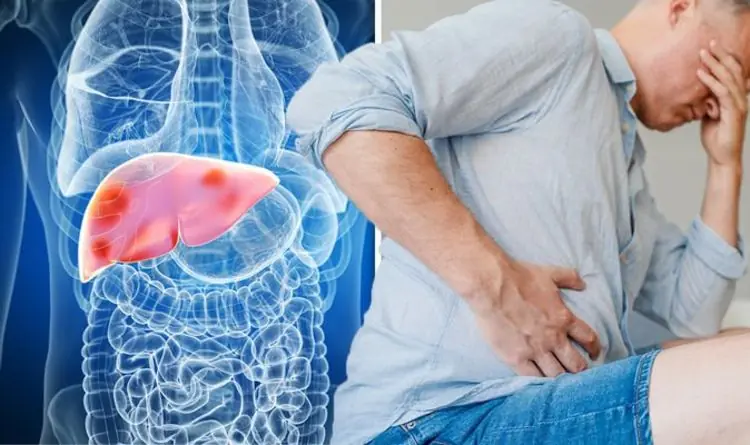
The Reason You May Get Random Stabbing Pains in Your Chest Explained
Chest pain is often alarming, especially when it strikes suddenly and sharply. Many people immediately associate chest pain with heart problems, particularly heart attacks. However, not all chest pains are cardiac-related. Random stabbing pains in the chest can stem from a variety of causes—some serious, but many harmless. Understanding the potential reasons behind these pains can help reduce anxiety and encourage appropriate action when needed.
One common cause of sudden, sharp chest pain is precordial catch syndrome (PCS). This condition is especially prevalent among teenagers and young adults. It usually presents as a brief, stabbing pain that occurs on the left side of the chest and worsens with deep breaths. Despite how painful it feels, PCS is benign and not associated with heart disease. The exact cause of PCS is unknown, but it may be related to irritation of the nerves in the chest wall. The pain typically resolves on its own within a few minutes.
Another frequent culprit is musculoskeletal pain, which can result from muscle strain, inflammation of the cartilage (costochondritis), or even poor posture. Lifting heavy objects, sleeping in an awkward position, or sitting hunched over for long periods can strain the chest muscles. This kind of pain is often localized and can worsen with movement or when pressure is applied to the affected area.
Gastrointestinal issues can also mimic cardiac pain. Conditions like acid reflux or gastroesophageal reflux disease (GERD) can cause burning sensations or sharp pains in the chest. These symptoms occur when stomach acid flows back into the esophagus, irritating its lining. Sometimes, gas buildup can create pressure in the chest, resulting in discomfort that feels sharp or stabbing.
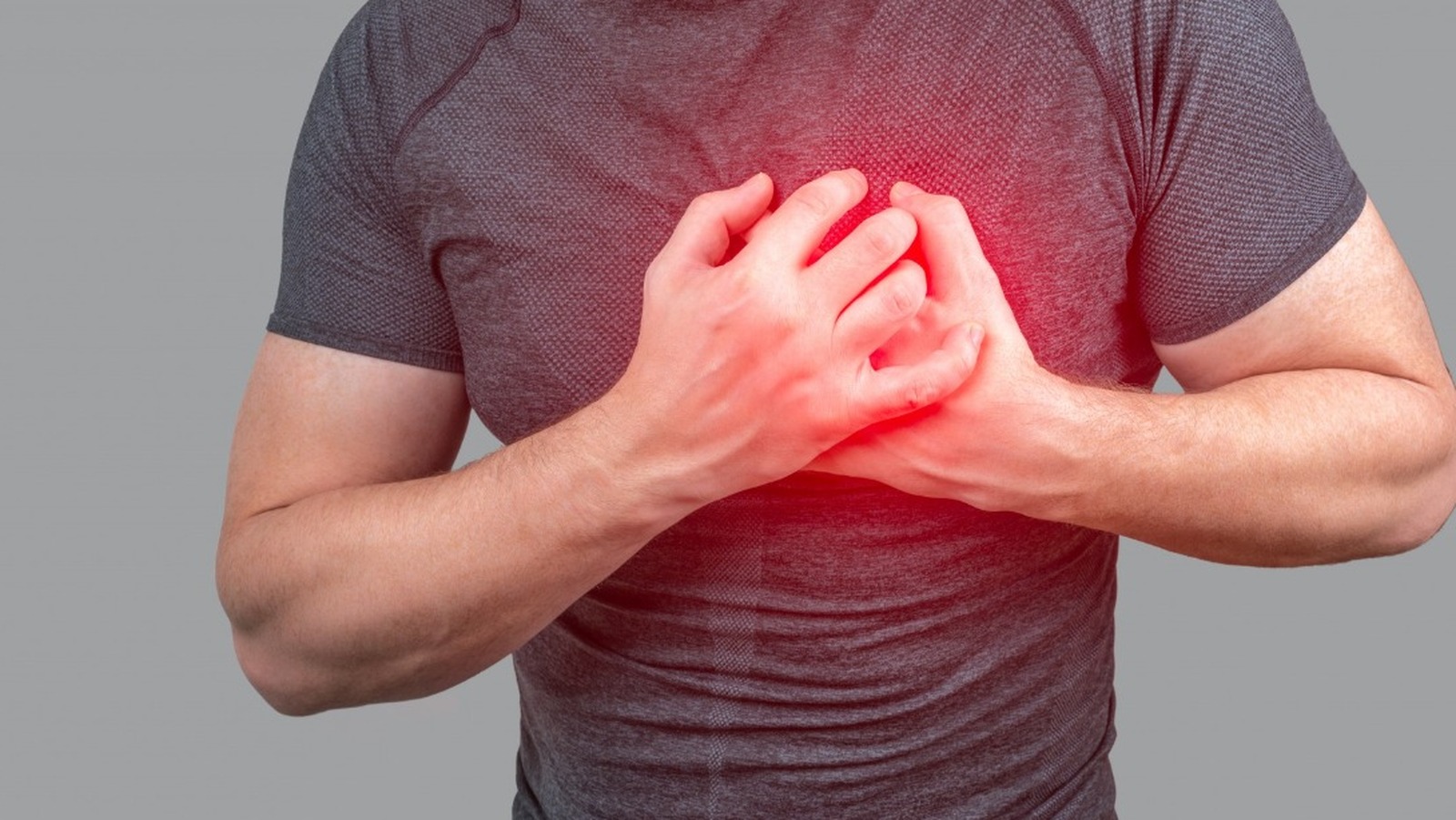
Anxiety and panic attacks are increasingly recognized as causes of chest pain. During an episode of intense stress or panic, the body goes into a fight-or-flight response, releasing adrenaline and increasing heart rate. This can lead to hyperventilation, muscle tension, and a feeling of tightness or sharp pain in the chest. People experiencing anxiety-related chest pain may also feel short of breath, dizzy, or experience tingling in their limbs.
Less commonly, chest pain could be a sign of more serious conditions, such as pericarditis (inflammation of the sac around the heart), pulmonary embolism (a blood clot in the lungs), or even aortic dissection (a tear in the wall of the aorta). These conditions typically present with more severe and persistent symptoms, including pain that radiates to the back or jaw, difficulty breathing, and a sense of impending doom. Immediate medical attention is essential in such cases.
So, how can you tell whether your stabbing chest pain is serious? It’s important to pay attention to accompanying symptoms and the context in which the pain occurs. If the pain is brief, infrequent, and not associated with other symptoms, it’s likely to be harmless. However, if you experience chest pain along with sweating, nausea, shortness of breath, or pain spreading to your arm or jaw, you should seek emergency medical care.
In conclusion, while random stabbing pains in the chest can be frightening, they are not always a cause for alarm. Many cases are due to benign conditions like precordial catch syndrome, muscle strain, or even anxiety. Nonetheless, because chest pain can also signal life-threatening issues, it’s important to evaluate the pain carefully and consult a healthcare professional when in doubt. Understanding the different causes behind chest pain can not only provide peace of mind but may also help in taking timely and appropriate action when necessary.
News in the same category

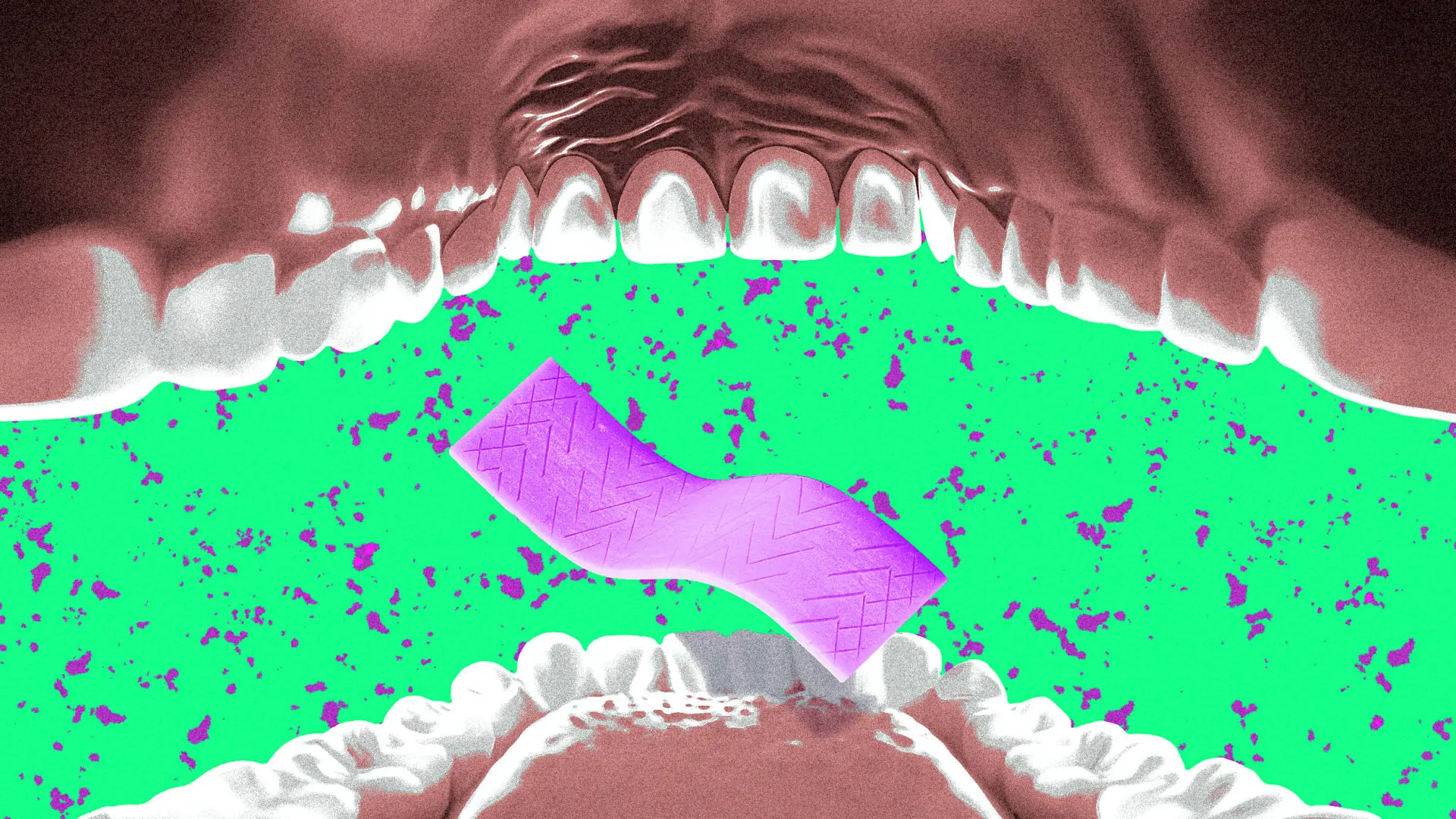
Chewing Gum Releases Microplastics Into Saliva – Even Natural Gums Are Not Safe, Study Finds
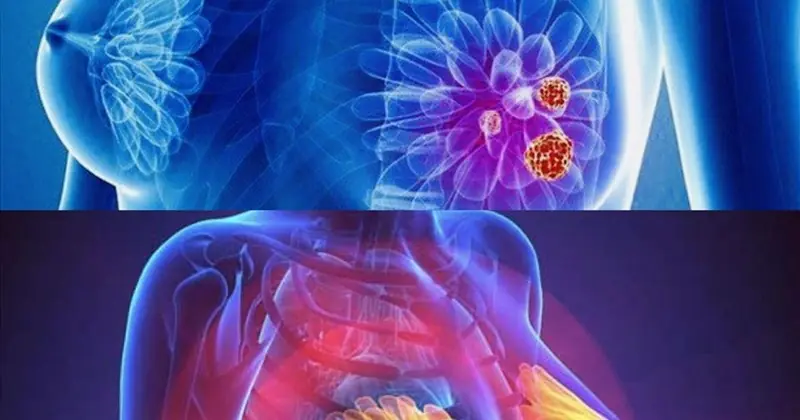
STUDY SHOWS SWITCHING TO PERSONAL CARE PRODUCTS WITHOUT CERTIAN PRESERVATIVES TURNS BREAST CANCER GENES OFF IN 28 DAYS
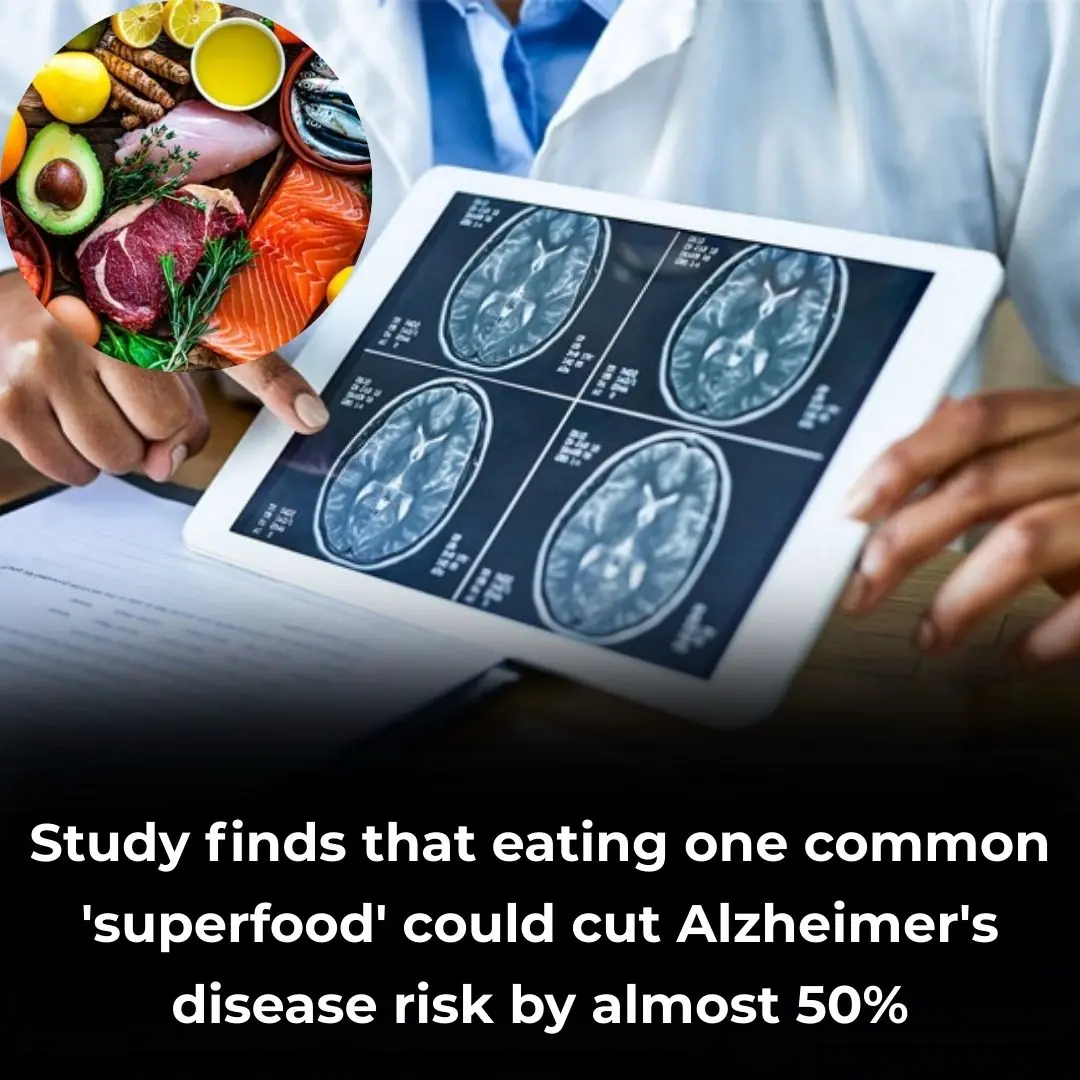
Study finds that eating one common 'superfood' could cut Alzheimer's disease risk by almost 50%
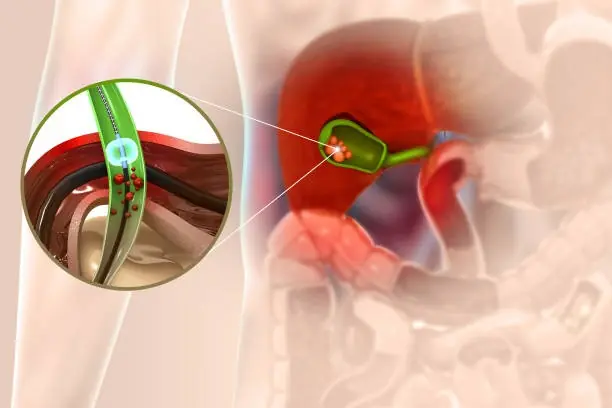
Side Effects and Dietary Recommendations Post Gallbladder Surgery
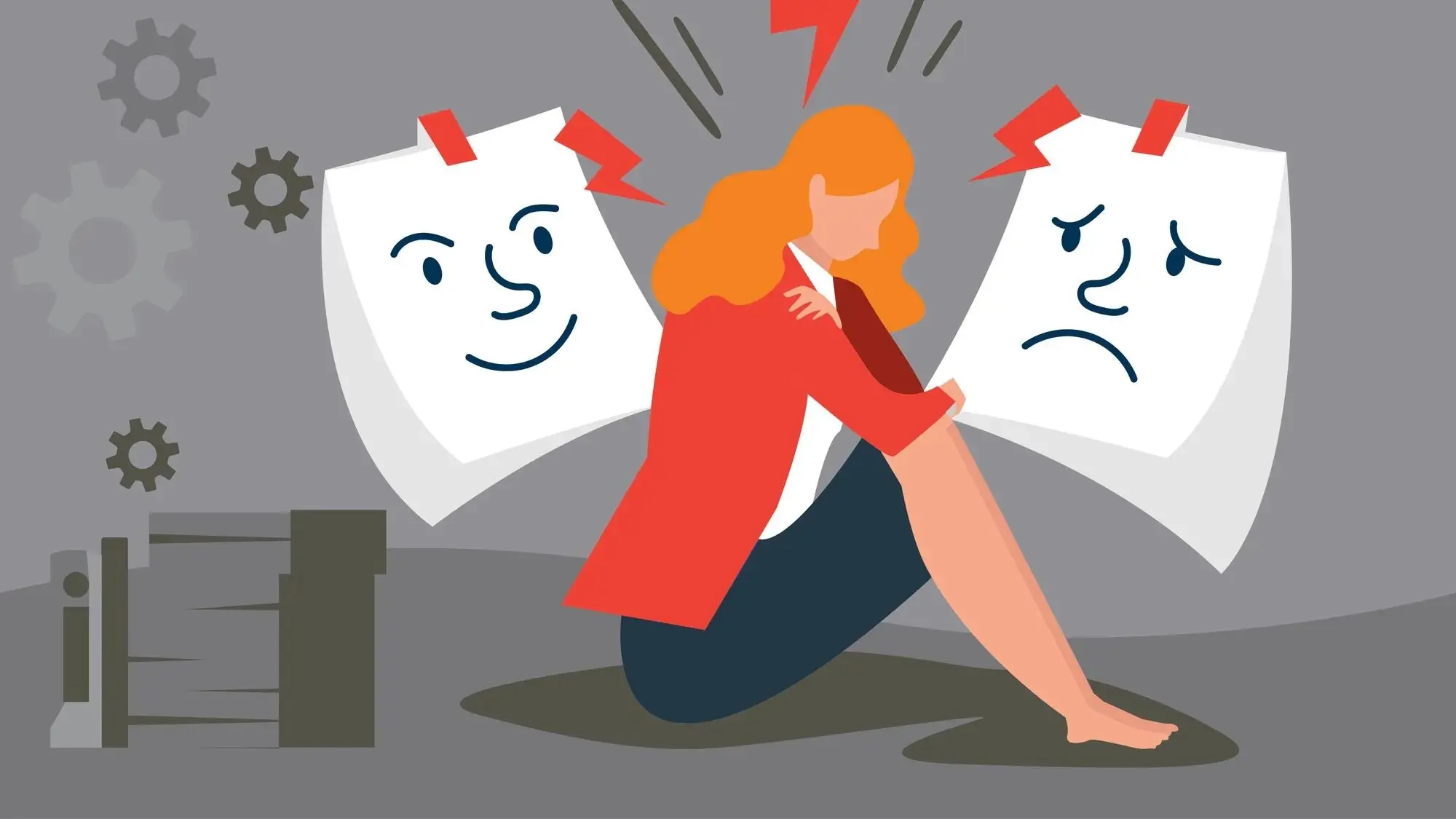
Signs You May Be Living With High-Functioning Anxiety
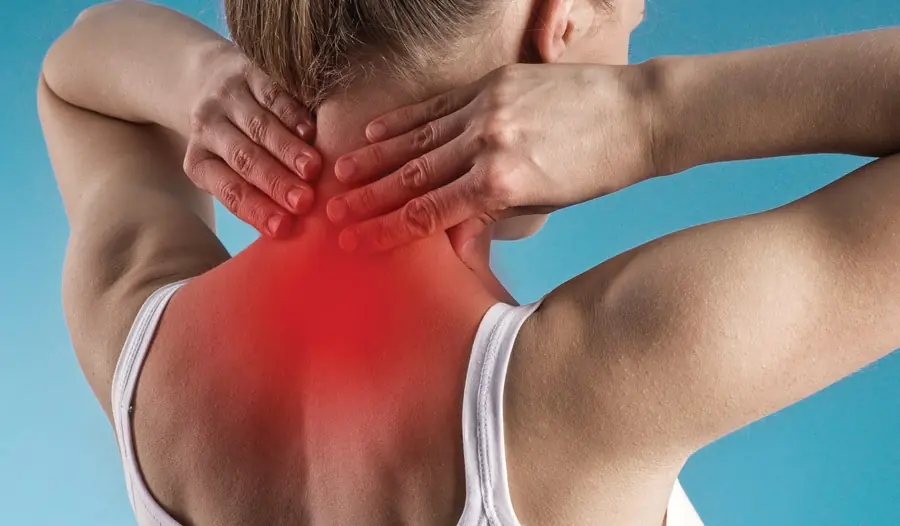
How to Know if You Have Fibromyalgia + 8 Natural Approaches to Relieve
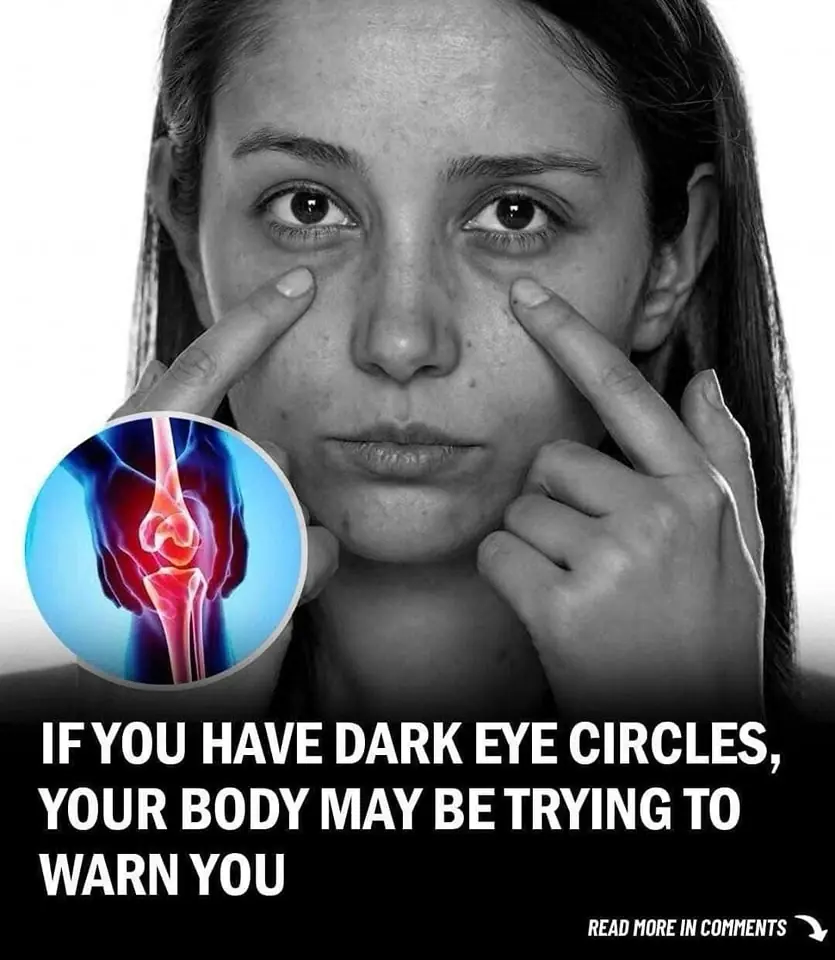
Dark eye circles might be a subtle health warning

Could This 3D-Printed ‘Electronic Glove’ Keep Your Heart Beating Forever?

The Amount Of Time You Spend Peeing Could Be A Warning Sign For Bigger Health Issues
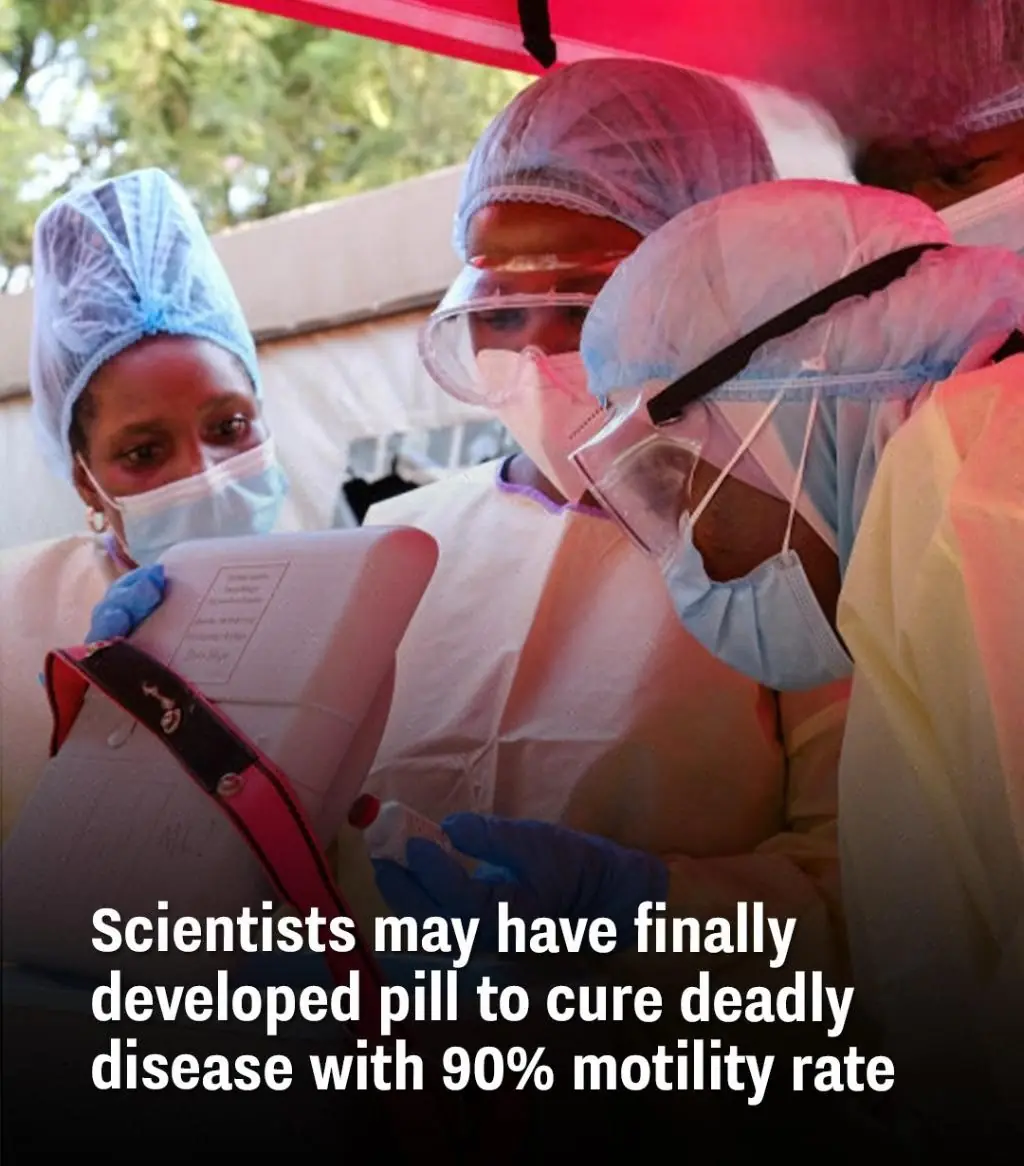
Scientists may have finally developed pill to cure deadly disease with 90% mortality rate
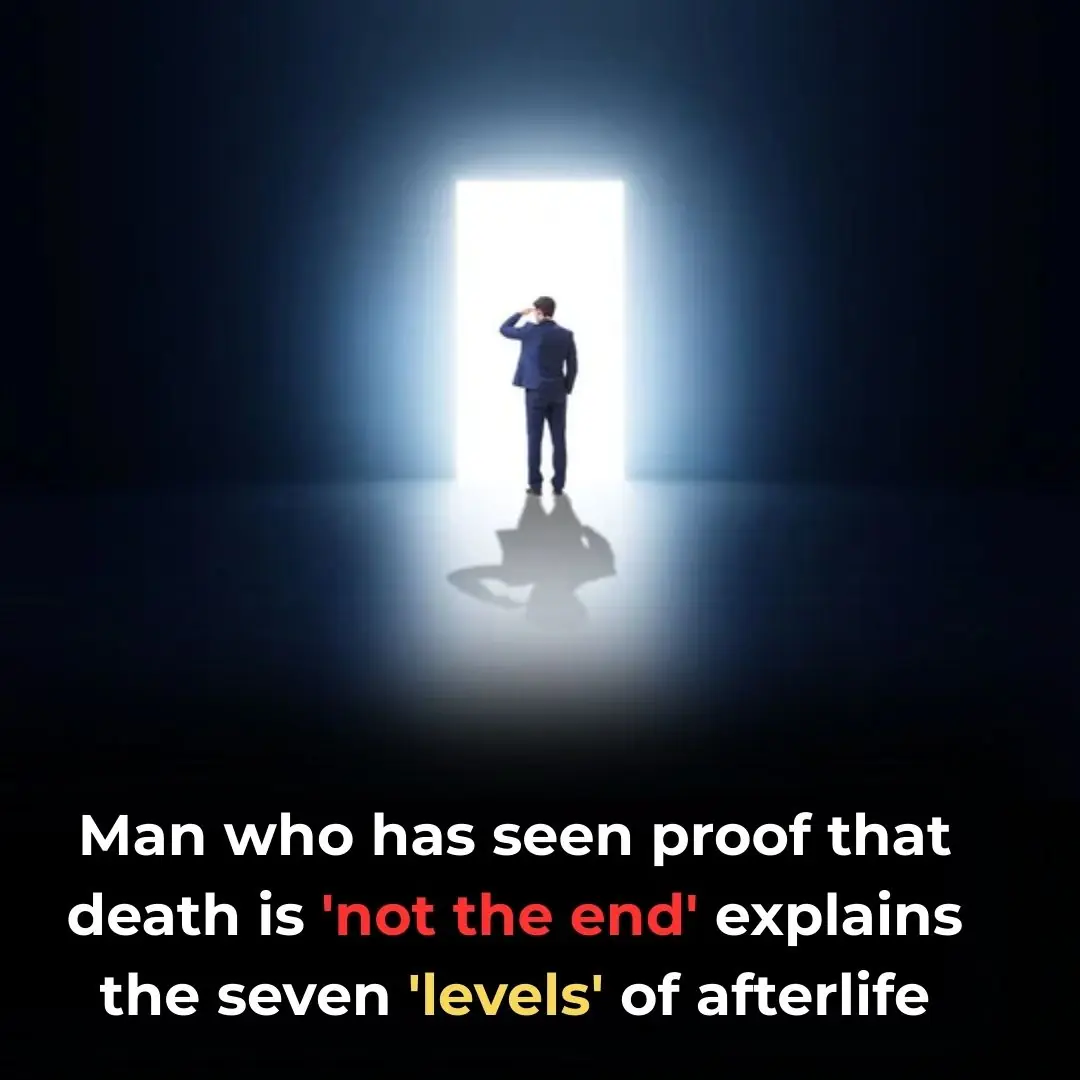
Man Shares His 'Proof' of Life After Death and the Seven 'Stages' of the Afterlife

Dental Expert Reveals the Top Two Brushing Mistakes That Lead to Yellow Teeth

They Hid This From Seniors: It Unclogs Arteries INSTANTLY!
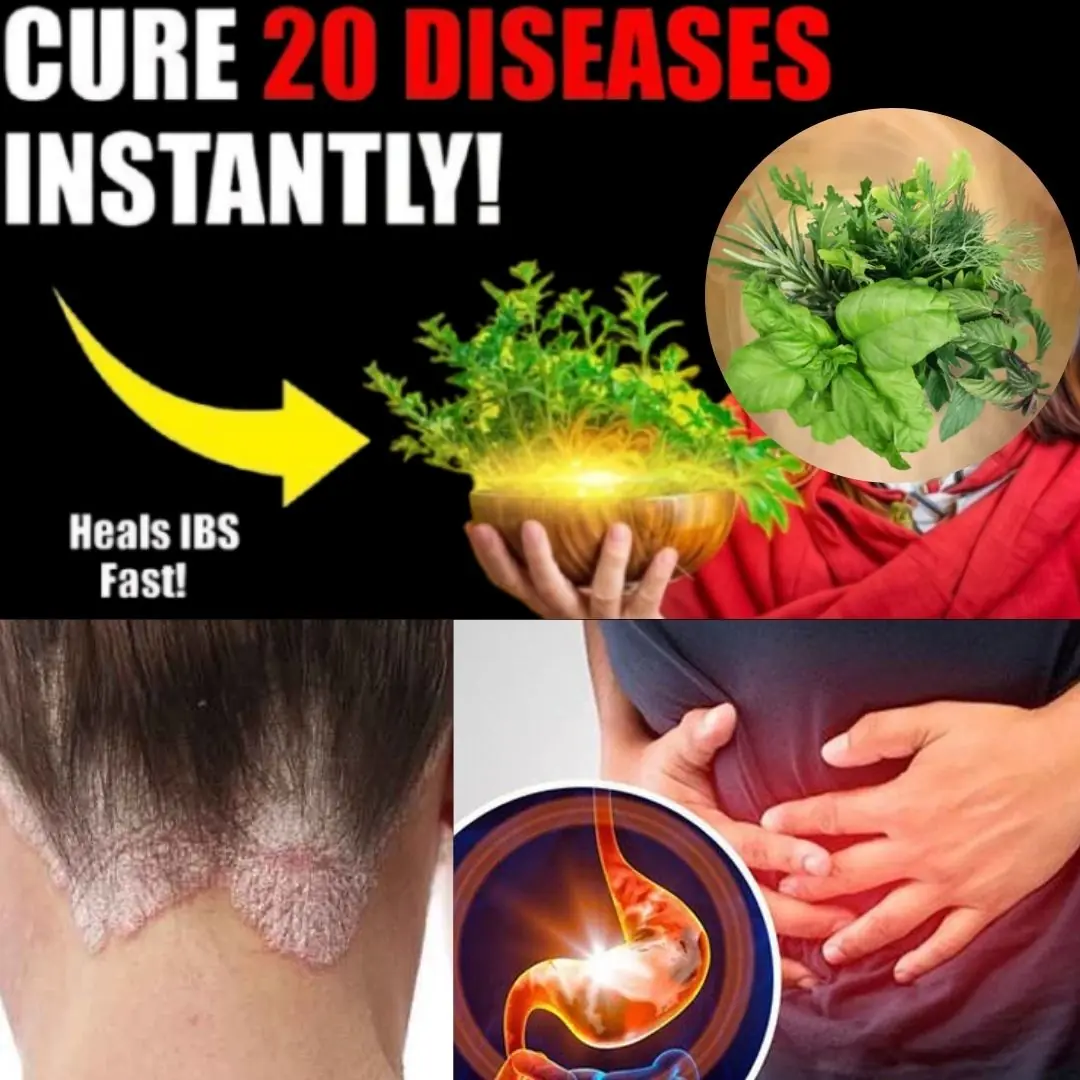
This Secret Herb Can Heal 20 Diseases
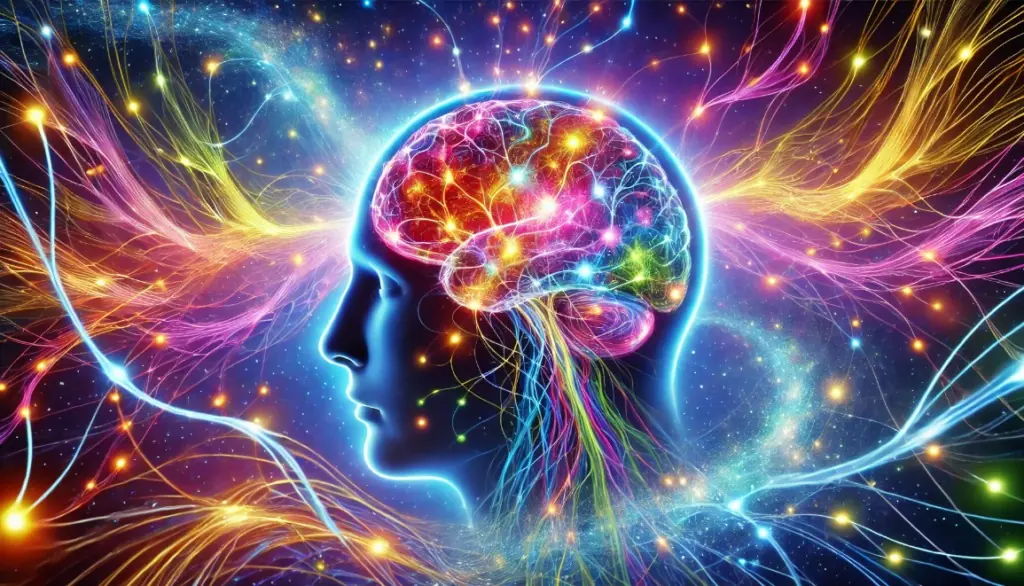
Research shows that individuals who took psilocybin experienced significant enhancements in emotional empathy.
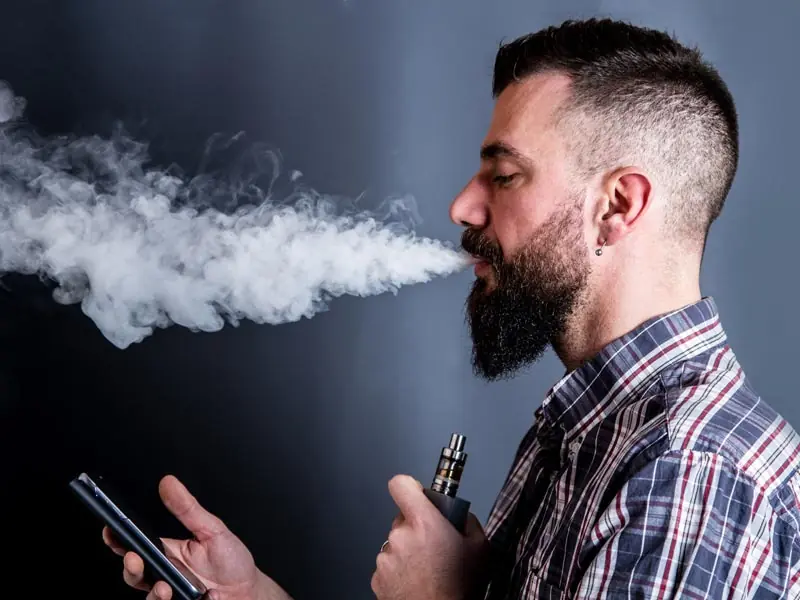
New Study Investigates Why Vaping Could Be More Dangerous Than Smoking
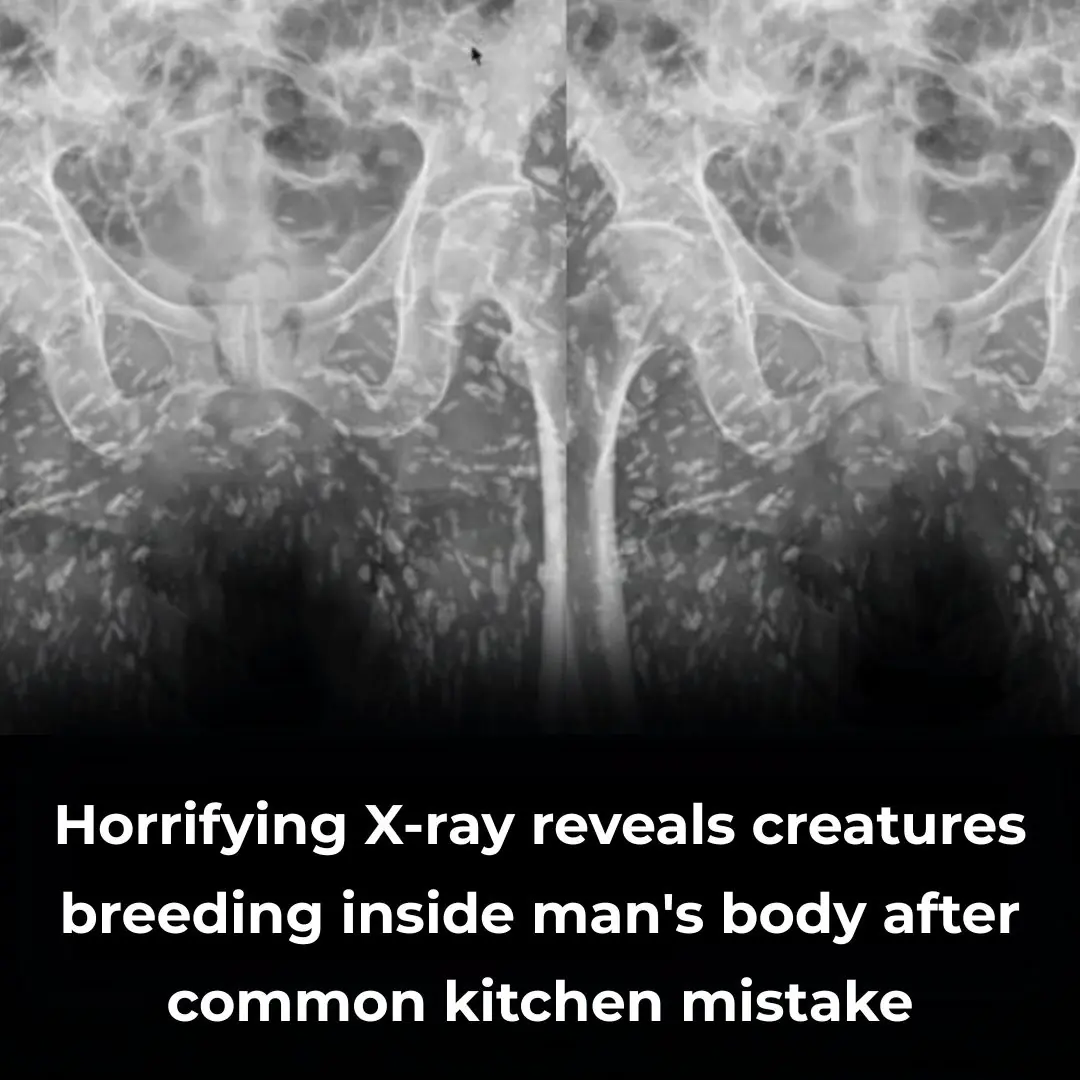
Disturbing X-ray Shows Creatures Breeding Inside Man's Body After Everyday Kitchen Mistake
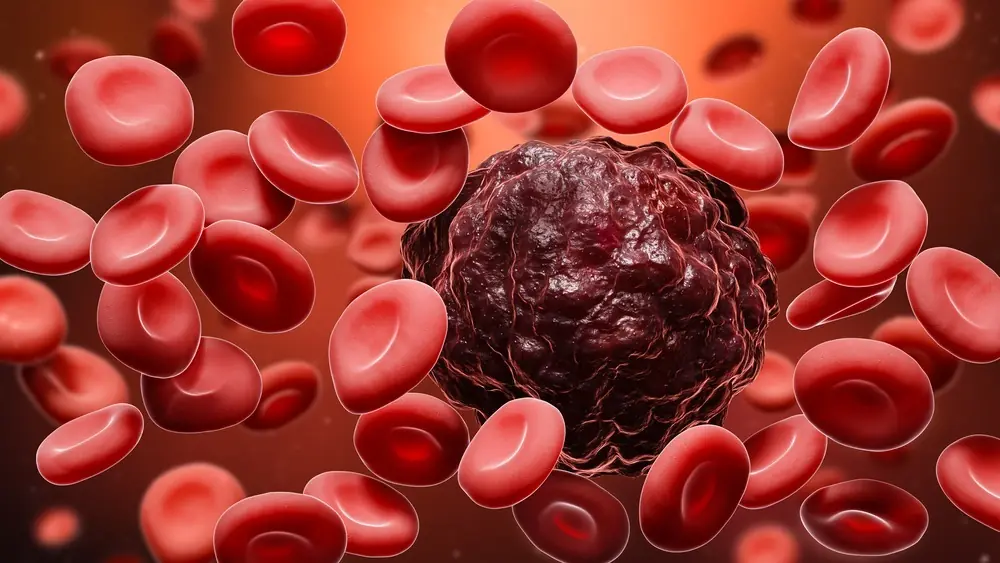
Foods you should not eat every day because they can easily cause diabetes

New Study Reveals Hidden Dangers Lurking in Your Bottled Water
News Post

7 Warning Signs of Liver Damage You Shouldn’t Ignore

Chewing Gum Releases Microplastics Into Saliva – Even Natural Gums Are Not Safe, Study Finds

STUDY SHOWS SWITCHING TO PERSONAL CARE PRODUCTS WITHOUT CERTIAN PRESERVATIVES TURNS BREAST CANCER GENES OFF IN 28 DAYS

Study finds that eating one common 'superfood' could cut Alzheimer's disease risk by almost 50%
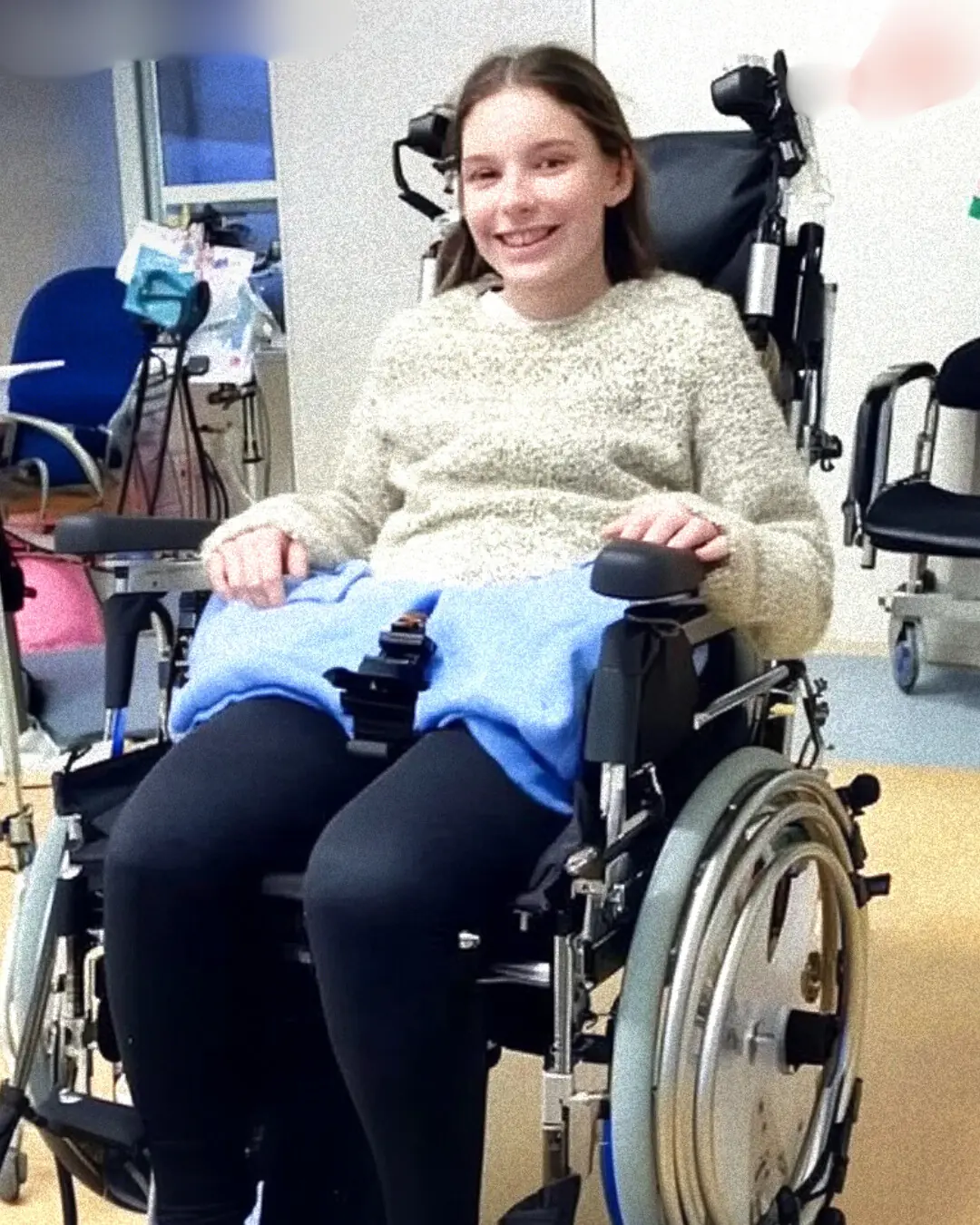
I Became a Burden to My Father after I Lost the Ability to Walk

I Was Stunned When the Teacher Said All the Kids Talked about How Amazing My Husband Was on Father's Day, I'm a Widow

Side Effects and Dietary Recommendations Post Gallbladder Surgery

I Bought a Vintage Blazer at a Thrift Store for My Mom, But the Note Inside Revealed a Secret She Kept for 40 Years

Signs You May Be Living With High-Functioning Anxiety

How to Know if You Have Fibromyalgia + 8 Natural Approaches to Relieve

Dark eye circles might be a subtle health warning

Could This 3D-Printed ‘Electronic Glove’ Keep Your Heart Beating Forever?

My Neighbor Drove over My Lawn Every Day as a Shortcut to Her Yard

The Amount Of Time You Spend Peeing Could Be A Warning Sign For Bigger Health Issues
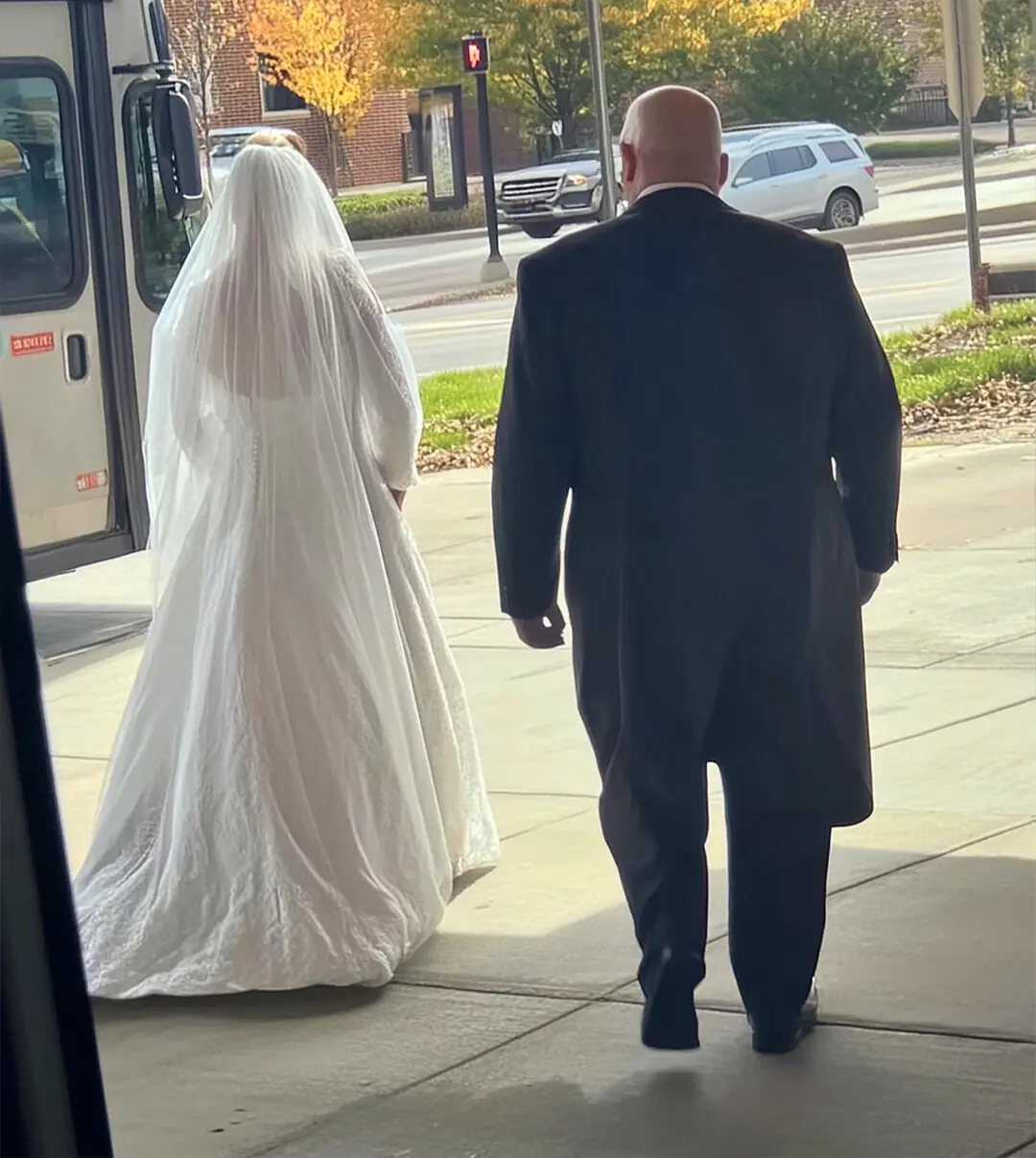
On the Day I Was Supposed to Marry the Love of My Life I Saw Her Leaving Town With My Father

Entitled Guest Demanded a Free Table at 'Her Friend’s' Restaurant — Too Bad I Was the Owner

Scientists may have finally developed pill to cure deadly disease with 90% mortality rate

I Lost My Wife and Shut the World Out—Then an Orphaned Boy Opened My Heart Again
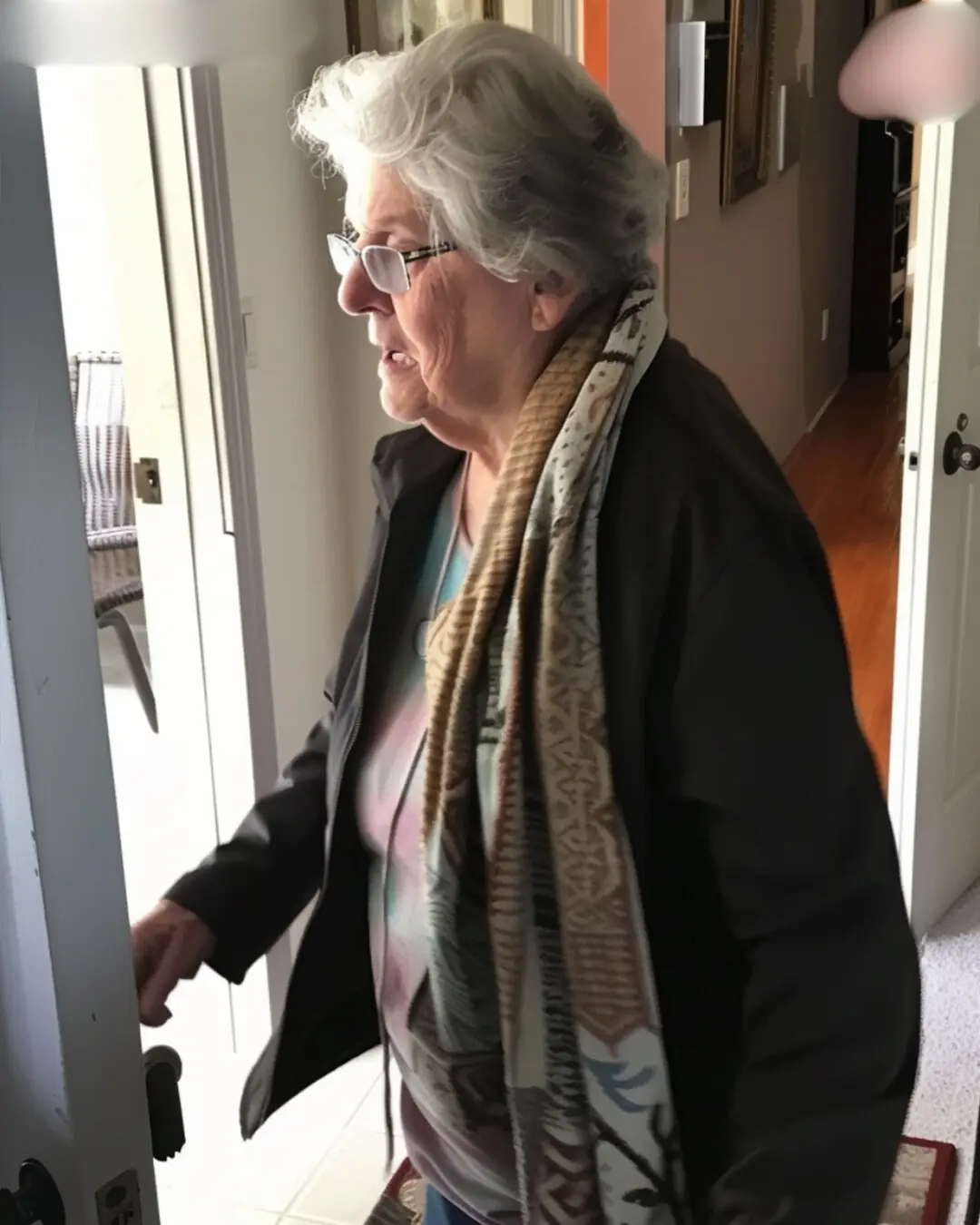
My Mom Avoided Me for Years—I Decided to Surprise Her Without Warning and Was Shocked by What She'd Been Hiding
